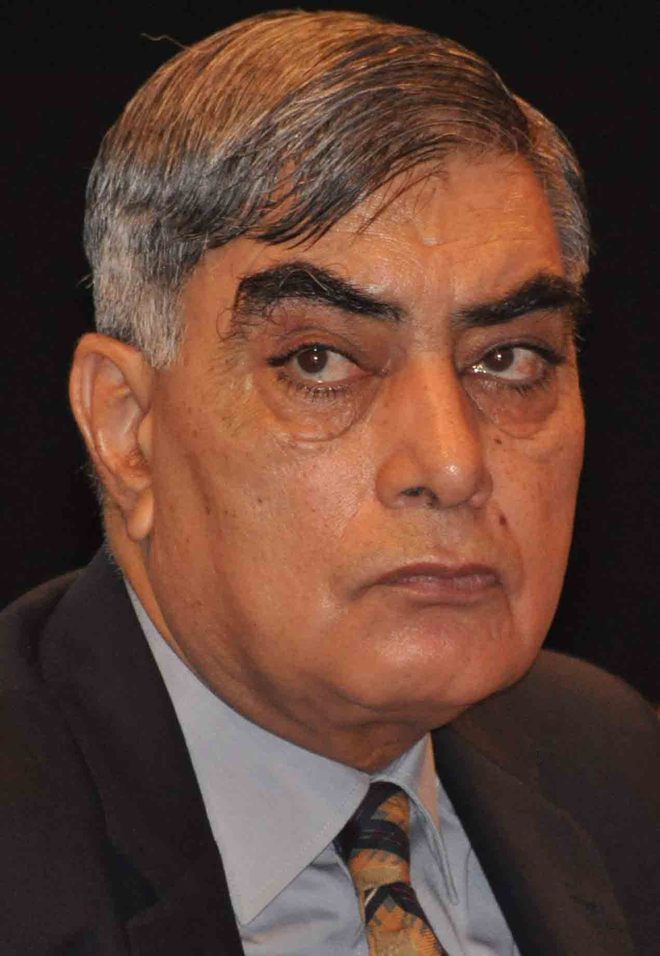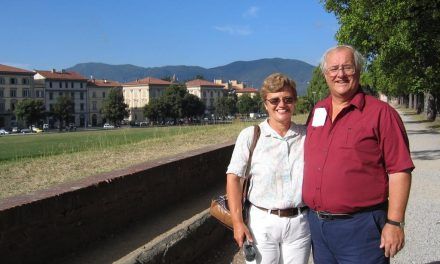
Surinder was a brilliant intellect, an outstanding jurist, and a man of unimpeachable integrity. He is widely regarded as a legal visionary who transformed the attitude of Indian law to international commercial arbitration. He was also a man of exceptional warmth, humanity and humility. Surinder is survived by his wife of 42 years, Rani, his son Pritpal and daughter Ekta.
Surinder was born on Tuesday 7 June 1949 to a Sikh, peasant farming family in Bhar Singpur village in Punjab, India. In 1962, he moved to Huddersfield and attended the Transit School (for immigrant students with English as a 2nd language) and Mount Pleasant Secondary Modern School, swiftly entering the A stream and rising to the top of his class. In 1967 Surinder and his family moved to Leeds where he completed ‘O’ and ‘A’ Levels at Park Lane Further Education College. He read law at University College, London graduating with an LL.B. in 1972. In 1975 he was called to the Bar by Middle Temple and, after completing pupillage, commenced practice in England with the aim of securing a civil law tenancy. Due to the racism then prevalent at the English Bar, Surinder was unable to secure such a tenancy. However, the English Bar’s loss became the Indian Bar’s gain as Surinder’s future career amply demonstrates.
Surinder took the courageous decision to return to India and practice as an advocate. He enrolled as an Indian Advocate in 1977. His first experience of Indian High Court advocacy was not entirely positive because the judge indicated he could not understand Surinder’s English which had acquired a distinctive Yorkshire accent. Surinder persevered and very swiftly became known as a formidable opponent and generated an immensely successful practice specialising in (amongst other things) constitutional, labour and commercial law. In 1989, he was designated a Senior Advocate (the Indian equivalent of Silk) and in 1995, he was appointed as the Additional Advocate General by the Punjab Government.
In 1996 Surinder was elevated as an Additional Judge of the Punjab and Haryana High Court and there followed a series of judicial promotions in recognition of Surinder’s stellar talents as a jurist: (1) Justice of the Bombay High Court (1998); (2) Justice of the Punjab and Haryana High Court (2000); (3) Acting Chief Justice of the Punjab and Haryana High Court (2006); and (4) Chief Justice of the Calcutta High Court (2007). The fitting culmination of Surinder’s judicial career was appointment as a Justice of the Indian Supreme Court in 2009 where he was the author of many landmark judgments including Bharat Aluminium Co. v. Kaiser Aluminium Technical (2012), which paved the way for the reduction of Indian court intervention in foreign seated arbitrations. In 2011, Surinder was elected a Master of the Bench of Middle Temple. This appointment gave him considerable pride given the challenges he faced when he started practice in England. After retirement from the Indian Supreme Court in 2014, Surinder commenced a new career as an arbitrator and was, unsurprisingly, in great demand.
I first met Surinder at the Delhi residence of the UK High Commissioner in 2016. Over the next five years I enjoyed seeing Surinder in Delhi and in London. He was a wonderful, warm friend who was incredibly generous with his time and encouraging words of advice. The last conversation we had was in February 2021 when he told me he had decided to spend more time in England. It was immensely sad to hear of his premature death. The English and Indian Bars have been deprived of what would have been many further great contributions to law and justice and his family and friends have lost a truly unique and wonderful man.
Master Surinder Singh Nijjar died on Friday 26 March 2021, aged 71.
Written by Jasbir Dhillon QC.


